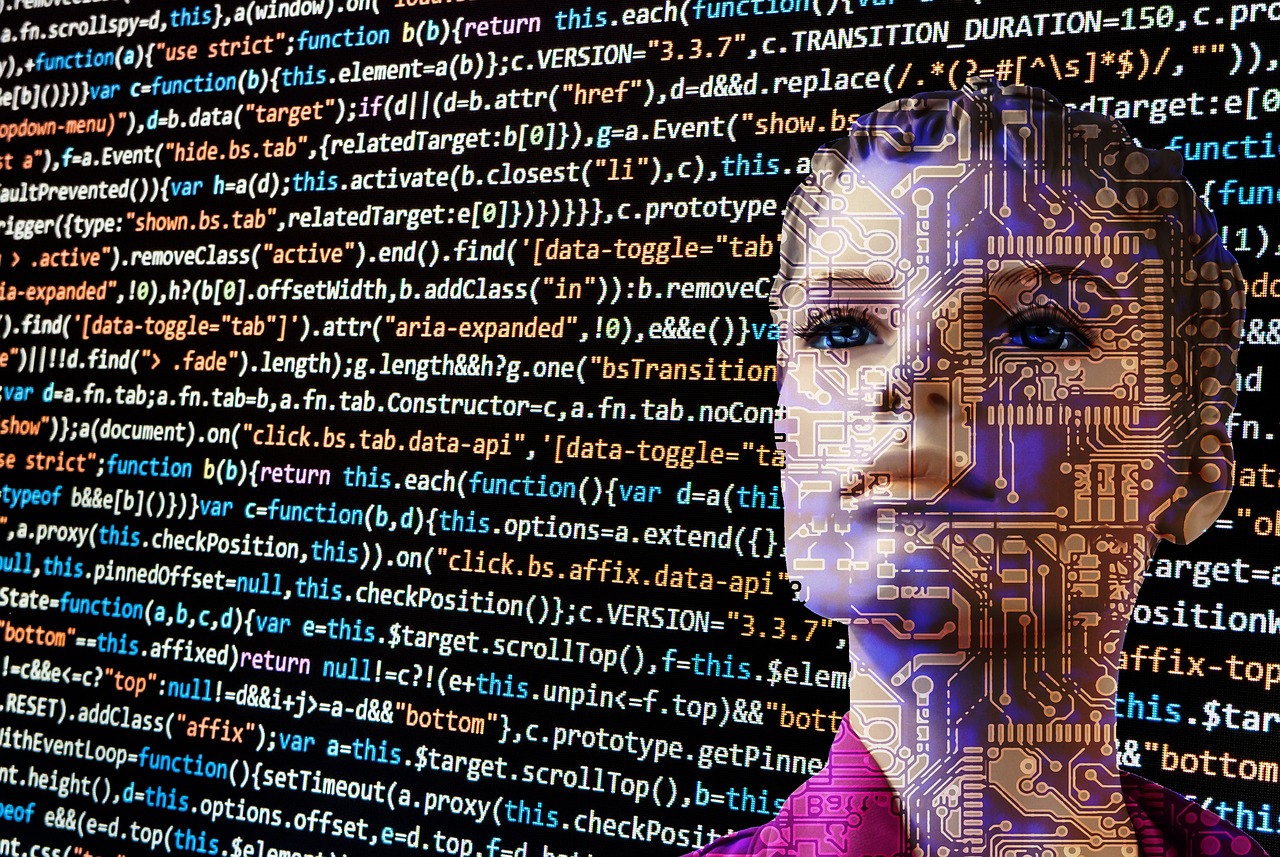Artificial Intelligence and the Agent Behind the Curtain
Artificial Intelligence and the Agent Behind the Curtain
For two million years, humans have been the smartest organisms on the planet. That is changing. Artificial Intelligence (AI) is approaching a singularity and that is both exciting and terrifying. Narrow Artificial Intelligence (NAI), like self-driving cars, digital assistants, and media advertising feeds, is already impacting our daily lives and will, without doubt, become more pervasive.
Artificial General Intelligence (AGI), where machines can perform at and above human cognitive levels with some degree of self-awareness, self-control, and self-replication is a way off. However, most researchers anticipate a fully functional AGI sometime before 2055. The genie is already out of the bottle, and it seems that the broken bodies of national governments will fail to create meaningful controls as we move headlong toward the potential for a post-capitalist economy.
Hearings in Washington D.C. have made it abundantly clear that the leadership does not even understand the simplest applications of AI, such as those used on Facebook and Instagram. What hope do they have of regulating what could be the single most beneficial and destructive force ever created by man? To be clear, my concern is not of super-intelligent killer robot armies taking over the planet. It is the impact AGI will have on the global economy as it has the potential to replace billions of jobs. Yes, billions!
“How does the current state of AI impact multifamily owners/operators?” I will continue to address in upcoming articles the various ways AI can benefit us in areas such as tenant screening, lease renewals, collections, maintenance anticipation, and resident interaction, along with the pitfalls associated with its practical application. First up, however, I want to lift the veil on automated content creation, and generative chatbots, such as ChatGPT, which directly impact the owner’s ability to effectively evaluate potential representatives.
Generative chatbots work by taking inputted prompts, such as, “How does a 1031 exchange work in 100 words?” and return the appropriate content in the requested length and/or style of writing. Subsequently, a real estate agent can publish that article as their own work without regulation or fact-checking, to establish themselves, in the eyes of potential and unsuspecting clients, as ‘experts’. It is important to note that these bots make mistakes including inaccurate information and outright plagiarism of copyrighted content.
New, inexperienced real estate agents can utilize AI to trick property owners into thinking that they are experienced, knowledgeable, and well-suited to represent them in the marketing and sale of their property. Letters, texts, social media posts, and advertising can all be generated by AI-automated manufactured text. The problem, when it comes down to it, is that these same agents may only have a limited time in the business and, while they may falsely appear to be functioning at a high level, they have little or no practical experience to handle the complexities of multifamily transactions. This is, at best, very concerning when the transaction is straightforward and can be disastrous when problems within the transaction arise.
Do not be fooled by agents using AI to fake their level of expertise. A computerized robot agent is not the best choice when it comes to handling what might be your largest asset. It requires a professional with years or decades of practical, transactional experience. When selecting representation, always look behind the curtain to ascertain the level of experience of the person pulling the levers. Artificially generated content can make the incompetent and inexperienced agent seem passable. Through unrestrained use of sources like ChatGPT people can project an aura of reasonable knowledge and therefore competence. The problem arises when their actual limited experience is tested in a real-life situation, and they quickly come up short.
AI will touch, and likely transform, every industry on the planet. It has the power to reduce the costs of goods and greatly improve services. Just as steam, then internal combustion engines, then electricity, reduced the need for man’s physical labor, AI will reduce the need for human mental labor in occupations that may require little creativity yet still use human interface. This may be especially true with certain occupations that combine human vigilance and response decisions based on observed stimuli such as air traffic control. The future of AI can be bright, indeed. However, at the very least, we need regulations that will inform the audience or consumer of content that was generated by artificial intelligence. If you knew that an agent needed a robot to construct a paragraph on the 1031 exchange, would you hire them?
Written by Todd S. Schwartz, Chief Executive Officer, Hanes Investment Realty, Inc.
Mr. Schwartz is Chief Executive Officer and Broker Owner of Hanes Investment Realty, Inc. with 35 years of experience in commercial real estate. Hanes Investment Realty, Inc. has closed over $4.5 billion in commercial transactions, and they own and operate apartment properties and specialize in the sale of multifamily communities in Southern California. For more information, contact Mr. Schwartz at Todd@hanesre.com or at (818) 825-5100.









